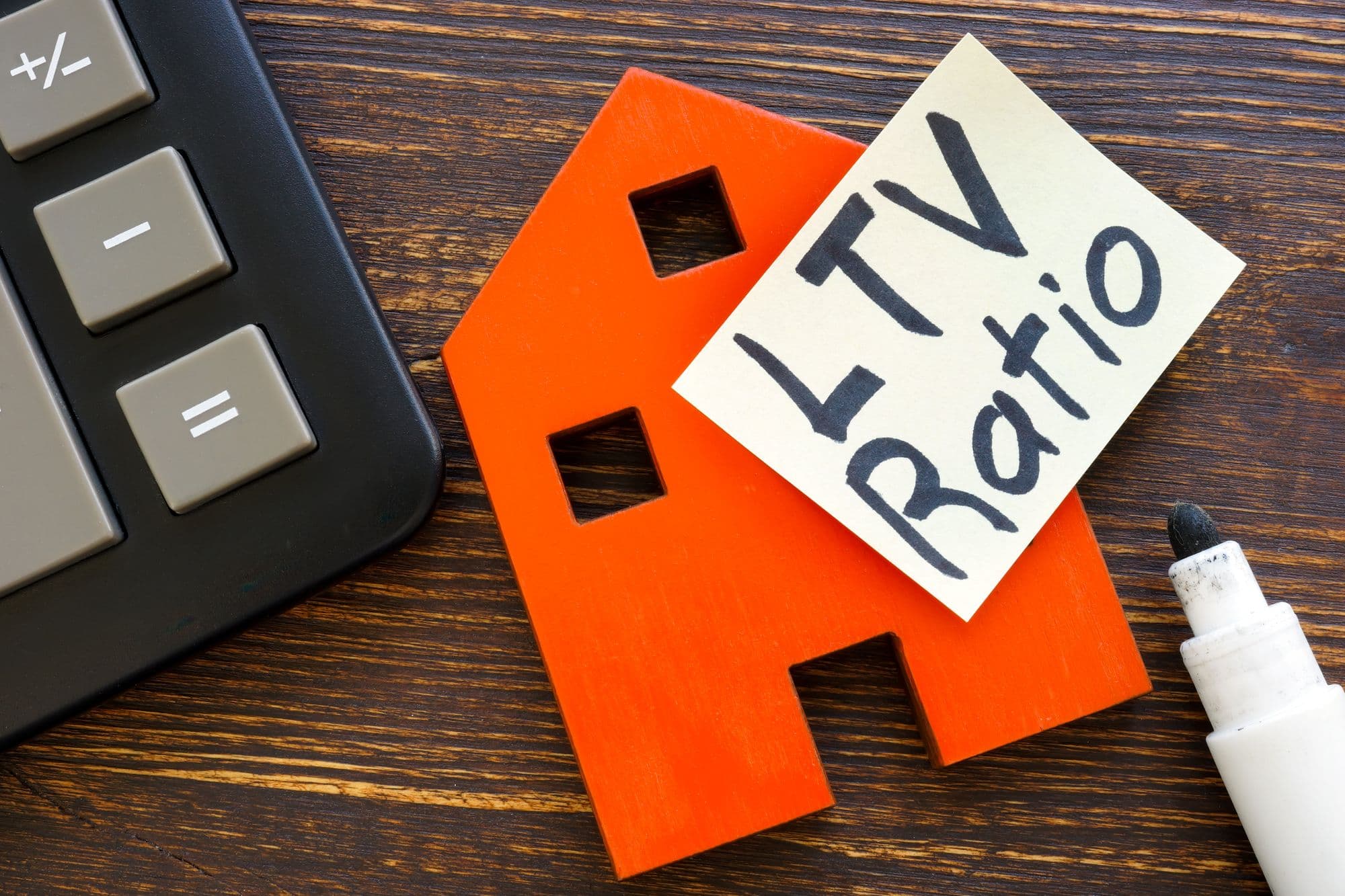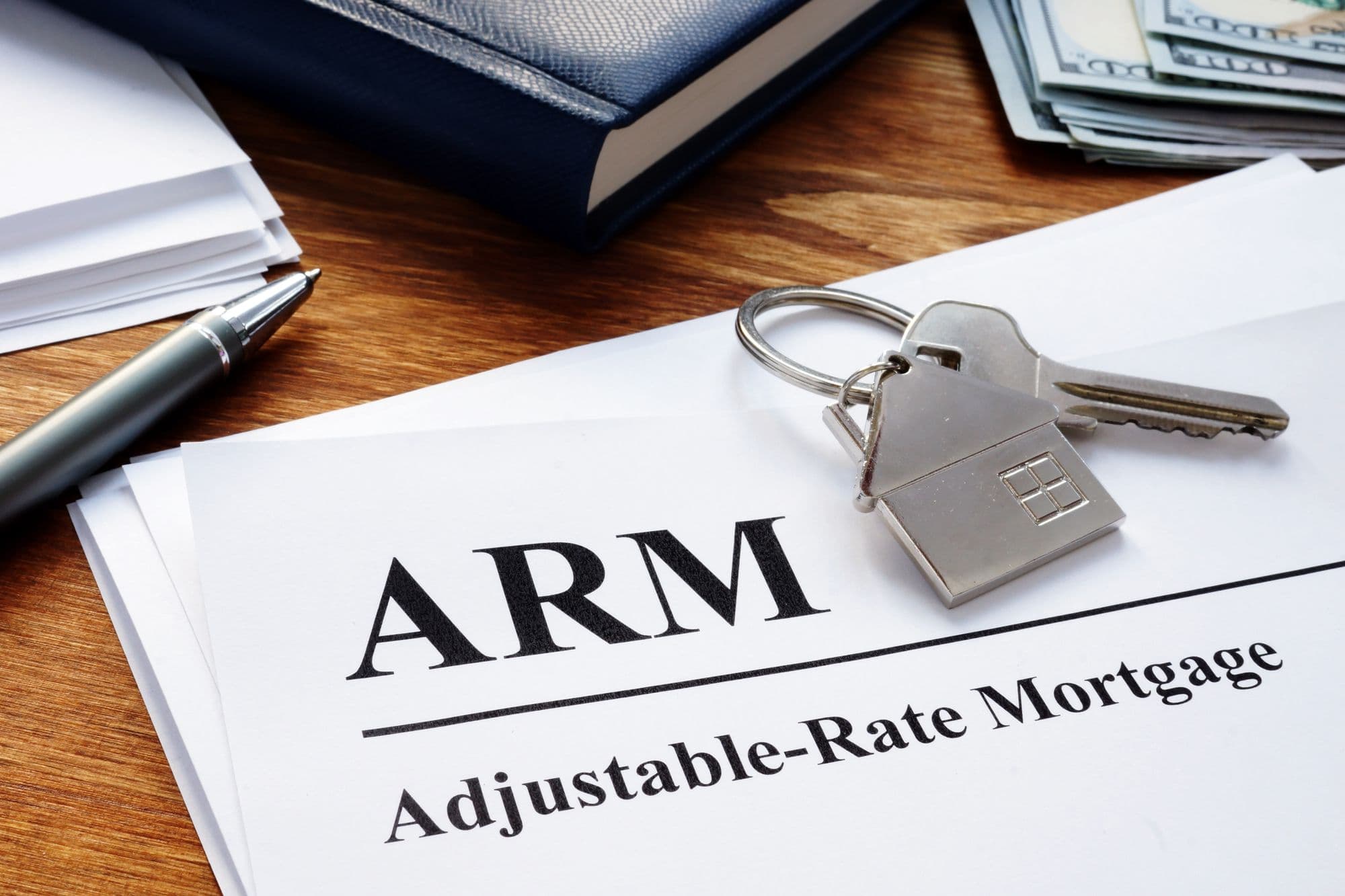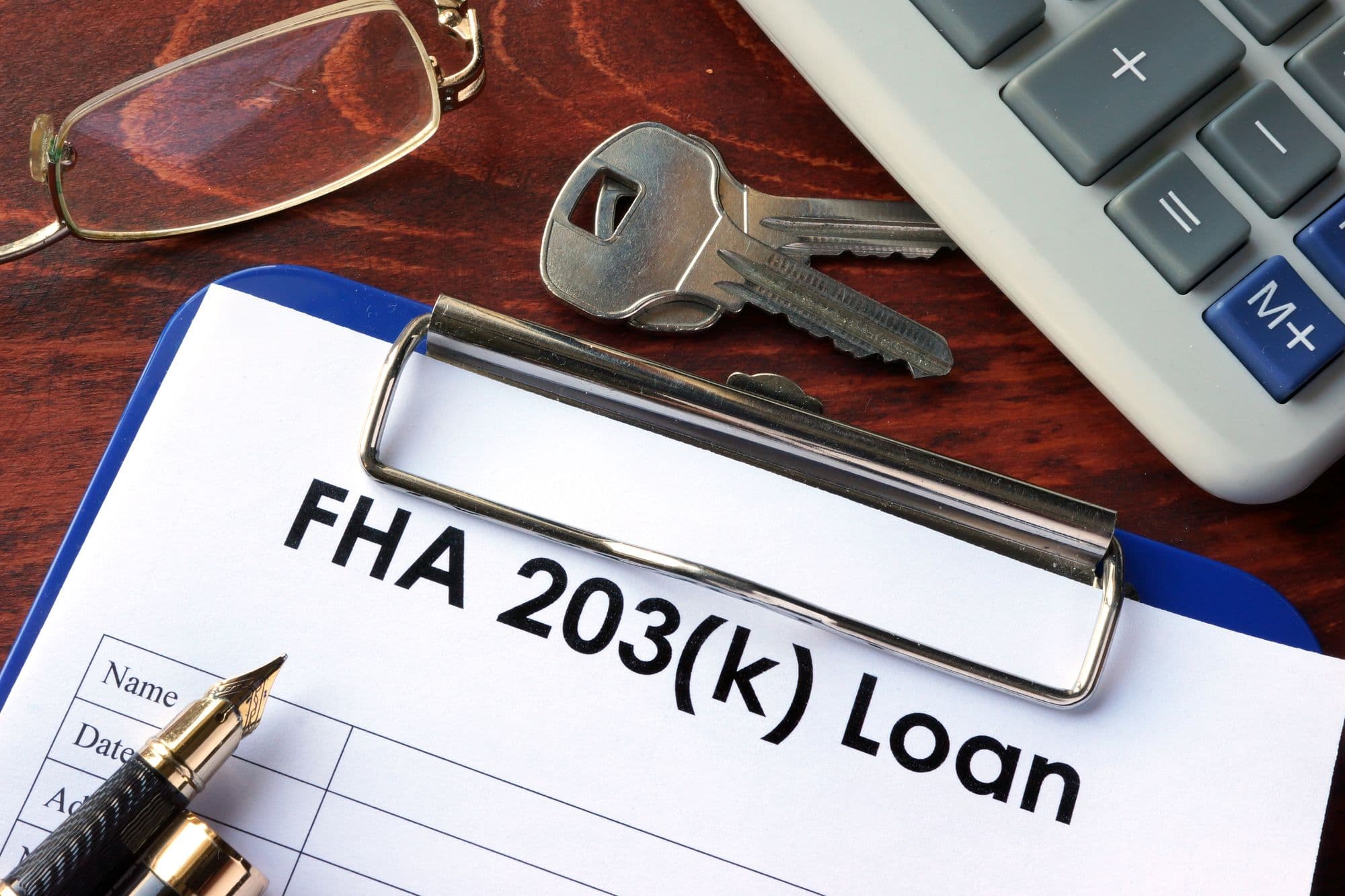How Soon Can You Refinance a Mortgage? [2025 Guide]
![How Soon Can You Refinance a Mortgage? [2025 Guide]](/_next/image/?url=https%3A%2F%2Fs3-us-west-2.amazonaws.com%2Fwhatsmypayment.com%2Fcontent%2Fimages%2F2024%2F12%2FHow-Soon-Can-You-Refinance-a-Mortgage---2025-Guide-.jpeg&w=3840&q=75)
How Soon Can You Refinance a Mortgage?
Refinancing your mortgage can be a smart financial move, whether you’re aiming to lower your interest rate, change your loan term, or tap into your home equity. But timing is everything! Understanding how soon you can refinance—and whether it’s the right choice—will save you money and headaches.
When Can You Refinance Your Mortgage?
The timeline for refinancing depends on the type of loan you have and your lender’s policies. Below are the general guidelines:
When Can You Refinance Your Mortgage?
| Loan Type | Minimum Waiting Period |
|---|---|
| Conventional Loan | Typically no waiting period if no cash-out (some lenders may require 6 months). |
| FHA Loan | 210 days from the closing of your original loan (for streamline refinances). |
| VA Loan | 210 days from the closing of your original loan or after six consecutive payments. |
| USDA Loan | 12 months from the closing of your original loan. |
Why Wait to Refinance?
Lenders often have specific requirements for refinancing because they want to ensure stability. Common reasons include:
• Seasoning Periods: Lenders may require you to wait 6-12 months to establish payment history.
• Equity Build-Up: For cash-out refinancing, you’ll need sufficient equity (usually at least 20%).
• Cost Recovery: Refinancing too soon after your original loan might result in penalties or insufficient savings.
Pros and Cons of Refinancing
Pros of Refinancing
- Lower your interest rate and monthly payment.
- Switch to a shorter loan term to save on interest.
- Tap into home equity for major expenses or debt consolidation.
Cons of Refinancing
- Closing costs can add up (typically 2-5% of the loan).
- Extending your loan term might increase total interest paid.
- Risk of losing equity if home values drop.
How to Decide If Refinancing Is Right for You
Refinancing isn’t a one-size-fits-all solution. Use the following criteria to decide:
• Lower Interest Rate Threshold: If rates drop by at least 1%, refinancing is usually worthwhile.
• Breakeven Point: Calculate how long it will take to recover closing costs based on your monthly savings.
• Loan Term Adjustment: Refinancing from a 30-year loan to a 15-year loan may save you thousands in interest.
Ready to Calculate?
FAQs About Refinancing
1. Can I refinance immediately after buying a home?
It depends. Conventional loans may allow immediate refinancing without a waiting period, but most other loans require at least 6 months.
2. Does refinancing hurt my credit score?
A hard credit inquiry during refinancing may temporarily lower your score, but consistent payments can improve it over time.
3. How much does refinancing cost?
Closing costs for refinancing typically range from 2% to 5% of the loan amount. Be sure to factor this into your breakeven analysis.
Read More
Mortgage Market Trends: What Homebuyers Should Watch in 2025
Discover key mortgage market trends in 2025 and what homebuyers should watch for amid economic shifts, rate changes, and banking sector updates.
Loan-to-Value (LTV) Ratio: What It Is and How to Calculate It
Learn what LTV means, how to calculate it, and why it matters for mortgages, refinancing, and home equity loans. Lower LTV = better loan terms.
Mortgage Refinance: How It Works and When It Makes Sense
Learn how mortgage refinance works, when it makes sense, and how it can lower payments, reduce interest, or unlock home equity in 2025.
What Is an Adjustable-Rate Mortgage (ARM)?
Wondering if an ARM is right for you? Learn how adjustable-rate mortgages work, their pros and cons, and when they can save you money.
2025 FHA 203k Loan Requirements: What You Need to Know Before You Renovate
Learn the 2025 FHA 203k loan requirements to buy or refinance a home and finance renovations, all in one loan. See if you qualify today.
Mortgagor vs Mortgagee: 5 Key Differences You Need to Know
Mortgagor vs Mortgagee: Learn the 5 key differences between borrower and lender roles to better understand your mortgage and home loan terms.







